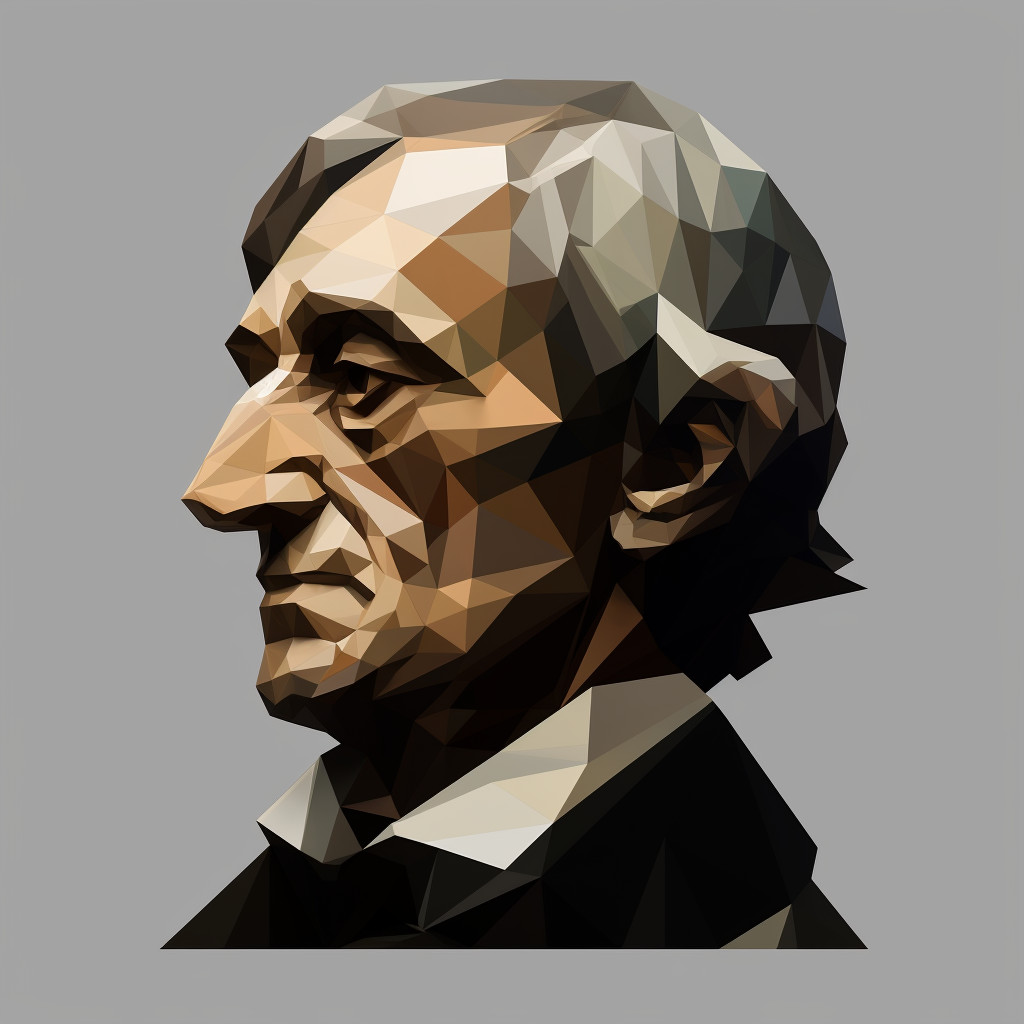This quote suggests that the beliefs and practices which are held sacred and unquestionable in one era may be viewed as mere stories or entertainment in the next. This is due to the evolving nature of human understanding and the progression of society. Over time, our perspectives on spirituality, morality, and the nature of existence change, leading to shifts in religious beliefs. What was once considered divine truth may later be seen as myth or allegory.
The quote also implies that religious texts and doctrines, while losing their religious sanctity over time, continue to hold value as literary works. They offer a rich understanding of the culture, values, and thought processes of the era they were born in. This transformation from religion to literature does not diminish their worth but rather changes the way they are appreciated.
Applying this idea to today’s world, it’s clear that our understanding and practice of religion have significantly evolved. For instance, many ancient religions, such as Greek or Roman mythology, are now studied as literature rather than practiced as religion. Even within active religions, interpretations and practices have evolved over time, reflecting societal changes.
In terms of personal development, this quote can inspire us to adopt a more flexible and open-minded perspective towards our own and others’ beliefs. It encourages us to understand that our current beliefs might be questioned or reinterpreted by future generations, and that’s a natural part of societal evolution. It also reminds us that there is value in all belief systems, even if they no longer hold religious significance, as they contribute to our understanding of human culture and history.












